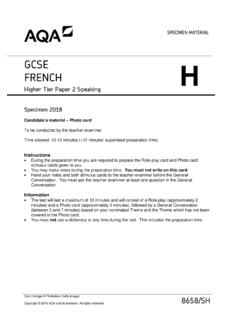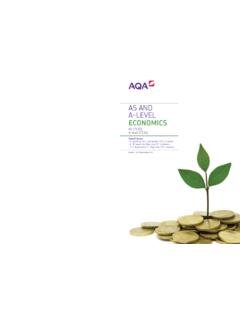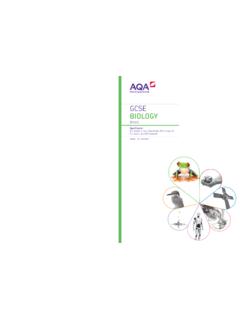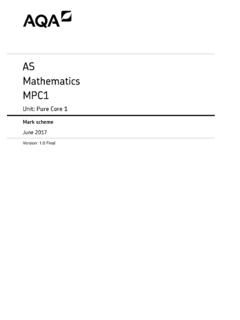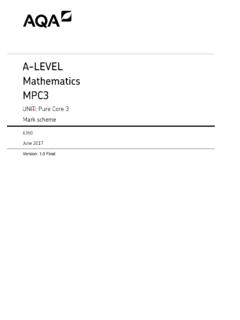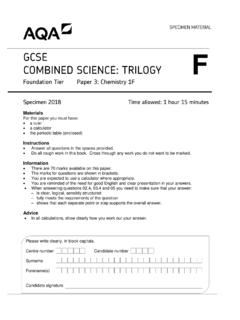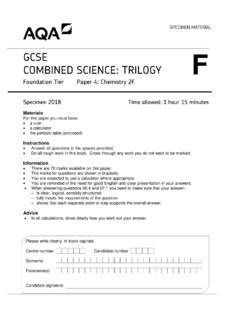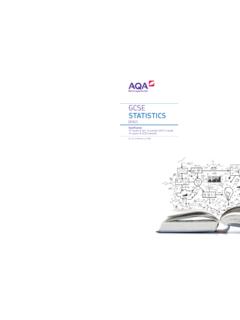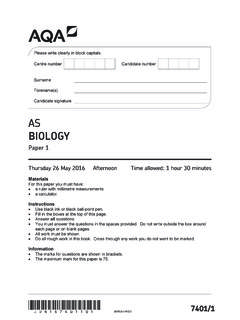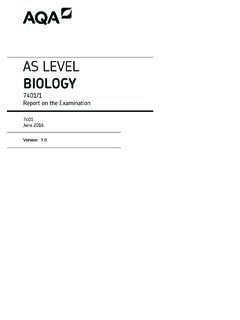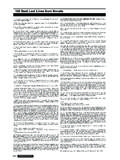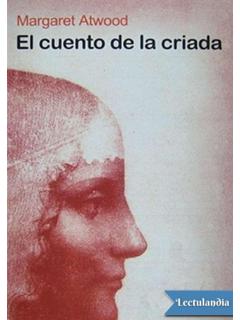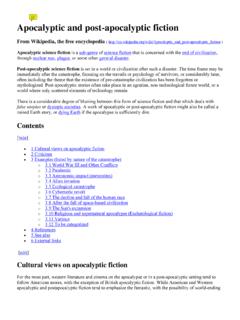Transcription of A-level English Literature B Specimen question paper Paper 2B
1 Specimen MATERIAL A-level English Literature B (7717/2B) Paper 2B: Tex ts and Genr es: Elements of Poli tic al and Social Protest Writi ng 2015 Morning Time allowed: 3 hours Materials For this Paper you must have: an AQA 12-page answer booklet a copy of the set text(s) you have st udied for Section B and Section C. These texts must not be annotated and must not contain additional notes or materials. Instructions Use black ink or black ball-point pen. Write the information required on the fr ont of your answer book. The Examining Body for this Paper is AQA. The Paper Reference is 7717/2B. Do all rough work in your answer book. Cross through any work that you do not want to be marked. You must answer the question in Section A, one question fr om Section B and one question fr om Section C. Over Section B and Sect ion C you must write about three texts: one poetry text, one post-2000 prose text and one further text.
2 One of your texts must be writte n pre-1900. Information The maximum mark for this Paper is 75. The marks for questions are shown in brackets. You will be marked on your ability to: use good English organise information cl early use speci alist vocabulary where appropriate. In your response you need to: analyse carefully the writers methods explore the contexts of the texts you are writing about explore connections across the texts you have st udied explore different interpretations of your texts. 3 Section A Answer the question in this section. 0 1 Explore the si gnificance of the elements of political protest in this extract. Remember to include in your answer relevant detailed analysi s of the ways Bolt has sh aped meanings. [25 marks] The play A Man for All Seasons was written by Robert Bolt in 1960 about hist orical events in 1535 during the reign of Henry Vlll. Sir Thomas More, Chancellor of England and a Catholic, has refused to endorse the king s wish to divorce his wife and to set himself up as head of the Church in England.
3 Henry desperately wants More to support him because he likes him personally and he knows that the country greatly respects More, a man of conscience and integrity. At this point in the play, More is on trial for high treason because he will not swear the Oath of Supremacy which puts Henry at the head of the church, in defiance of the Pope s authority. Presiding over the trial is the Duke of Norfolk. More s chief accuser is Thomas Cromwell. Norfolk Be seated. Master Secretary Cromwell, have you the charge? Cromwell I have, my lord. Norfolk Then read the charge. Cromwell (approaching MORE, behind him, with papers; informally) It is the same charge, Sir Thomas, that was brought against Bishop (As one who catches himself up punctiliously. ) The late Bishop Fisher I should have said. More (tonelessly) Late ? Cromwell Bishop Fisher was executed this morning. More s face expresses vi olent shock, then grief; he turns his head away from Cromwell who is observi ng him clin ically.
4 Norfolk Master Secretary, read the charge! Cromwell (formal) That you did conspire traitorously and malici ously to deny and deprive our lie ge lord Henry of his undoubted certain title, Supreme Head of the Church in England. More (su rprise, shock and indignation) But I have never denied this title! Cromwell You refused the oath tendered to you at the Tower and elsewhere 4 More (the sa me) Sil ence is not denial. And for my silence I am punished, with imprisonment. Why have I been called again? (At this point he is sensing that the trial has been in so me way rigged.) Norfolk On a charge of High Treason, Sir Thomas. Cromwell For which the punishment is not imprisonment. More co mes for us all, my lords. Yes, even for Kings he co mes, to whom amidst all their Royalty and brute strength he will neither kneel nor make them any reverence nor pleasantly desire them to co me forth, but roughly grasp them by the very breast and rattl e them until they be stark dead!
5 So causing their bodies to be buried in a pit and sending them to a whereof at their death their success is uncertain. Cromwell Treason enough here! Norfolk The death of Kings is not in quest ion, Sir Thomas. More Nor mine, I trust, until I m proven guilty. Norfolk (leaning forward urgently) Your life lies in your own hand, Thomas, as it always has. More (absorbs this) For our own deaths, my lord, yours and mine, dare we for shame desi re to enter the Kingdom with ease, when Our Lord Himself entered with so much pain? And now he faces CROMWELL his eyes sparkli ng with suspicion. Cromwell Now, Sir Thomas, you st and upon your silence. More I do. Cromwell But, Gentlemen of the Jury, there are many kinds of silence. Consider first the silence of a man when he is dead. Let us say we go into the room where he is lying; and let us say it is in the dead of night there s nothing like darkness for sharpening the ear; and we listen.
6 What do we hear? Silence. What does it betoken, this silence? Nothing. This is silence, pure and si mple. But consider another case. Suppose I were to draw a dagger from my sl eeve and make to kill the prisoner with it, and suppose their lordships there, instead of crying out for me to st op or crying out for help to st op me, maintained their silence. That would betoken! It would betoken a willingness that I should do it, and under the law they would be guilt y with me. So silence can, according to circu mst ances, speak. Consider, now, the ci rcumstances of the prisoner s silence. The oath was put to good and faithful subjects up and down the country and they had declared His Grace s Title to be just and good. And when it came to the prisoner he refused. He calls this silence. Yet is there a man in this court, is there a man in this co untry, who does not know Sir Thomas More s opinion of this title? Of course not! But how can that be?
7 Because this silence betokened nay this silence was not silence at all, but most eloquent denial. More (with some of the academic s impatience for a shoddy line of reasoning) Not so, Mr Secretary, the maxim is qui tacet consentire . (Turns to COMMON MAN.) The 5 Turn over maxim of the law is: (very carefully) Silence Gives Consent . If therefore, you wish to construe what my silence betokened , you must construe that I consented, not that I denied. Cromwell Is that what the world in fact construes fr om it? Do you pretend that is what you wish the world to construe fr om it? More The world must construe according to its wits. This Court must construe according to the law. Robert Bolt (1960) 6 Over Section B and Section C, you must write about three texts fr om the follo wing lis t: Songs of Innocence and of Experience (pre-1900) Tony Harri son: Selected Poems Harvest (post-2000 prose) The Kite Runner (post-2000 prose) A Doll s House (pre-1900) Hard Times (pre-1900) Henry IV Part 1 (pre-1900) The Handmaid s Tale.
8 Choose one of the follo wing co mbinations: Songs of Innocence and of Experience plus 1 post-2000 prose text plus 1 other text Tony Harri son: Selected Poems plus 1 post-2000 prose text plus 1 pre-1900 text Section B Answer one quest ion in this section. Either 0 2 Songs of Innocence and of Experience William Blake Opposition to anything that oppresses the human spirit is the element that dominates The Songs of Innocence and The Songs of Experience. To what extent do you agree with this view? Remember to include in your answer relevant detailed exploration of Blake s authorial methods. [25 marks] or 0 3 Selected Poems Tony Harrison In his poetry Harri son is always cr itical of the ways in which social divisi ons are both construct ed and maintained. To what extent do you agree with this view? Remember to include in your answer relevant detailed exploration of Harrison s authorial methods. [25 marks] 7 Turn over or 0 4 The Kite Runner Khaled Hosseini In The Kite Runner, the personal and the political are always lin ked.
9 To what extent do you agree with this view? Remember to include in your answer relevant detailed exploration of Hosseini s authorial methods. [25 marks] or 0 5 Harvest Jim Crace In Harvest, the world is unmade in seven days and it is those with political power who are solely to blame. To what extent do you agree with this view? Remember to include in your answer relevant detailed exploration of Crace s authorial methods. [25 marks] or 0 6 Hard Times Charles Dickens Stephen Blackpool s Tis aw a muddle is an apt assessment of the power structures in Hard Times. To what extent do you agree with this view? Remember to include in your answer relevant detailed exploration of Dickens authorial methods. [25 marks] or 0 7 Henry IV Part I William Shakespeare Shakespeare shows that rebellion, whatever its origin or purpose, is sure to result in vengeance. To what extent do you agree with this view? Remember to include in your answer relevant detailed exploration of Shakespeare s dramatic methods.
10 [25 marks] 8 or 0 8 A Doll s House Henrik Ibsen (Translated by Michael Meyer) By the end of the play Nora is presented as having fulfill ed her desire to be absolutely fr ee. To what extent do you agree with this view? Remember to include in your answer relevant detailed exploration of Ibsen s dramatic methods. [25 marks] or 0 9 The Handmaid s Tale Margaret Atwood The Handmaid s Tale is not primarily about the suppression of women but about their defiance. To what extent do you agree with this view? Remember to include in your answer relevant detailed exploration of Atwood s authorial methods. [25 marks] 9 Turn over Section C Answer one quest ion in this section. In your answer you must write about two texts that you have not used in Section B. Either 1 0 Polit ical and social protest writing oft en focuses on rebellion against those in power. Explore the si gnificance of rebellion as it is presented in two political and social protest texts you have st udied.
